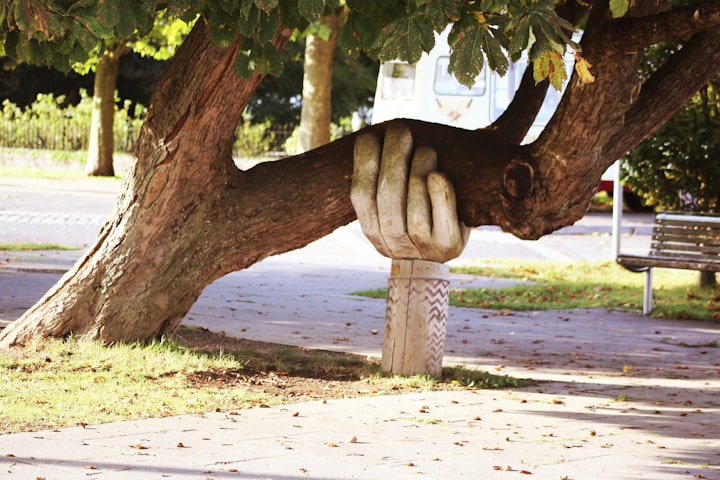Unleashing the Power of Togetherness: How Group Activities Transform the Mental Well-being of Disabled Individuals
Read On

In the realm of mental well-being, the transformative potential of group activities is undeniable.
For disabled individuals, these activities serve as catalysts, igniting a spark of positivity, belongingness, and personal growth. Through social interaction, skill development, and creative expression, group activities hold the key to unlocking a world of enhanced mental well-being.
In this article, we embark on a journey to explore the profound impact of group activities on the lives of disabled individuals, delving into the transformative power of togetherness.
Creating A Sense Of Belonging:
Group activities provide a fertile ground for fostering a sense of belonging among disabled individuals.
Whether it's a sports team, an art class, or a support group, these activities bring like-minded individuals together, cultivating a supportive community.
By sharing experiences, challenges, and triumphs, participants find solace and understanding, realizing they are not alone on their journey.
Nurturing Social Connections:
Social connections are vital for mental well-being, and group activities offer a nurturing environment for building and strengthening these connections.
By engaging in shared interests and pursuits, disabled individuals form meaningful relationships, bond over common experiences, and create a network of support.
The companionship and camaraderie developed through group activities boost self-esteem, reduce feelings of isolation, and provide a sense of purpose.
Encouraging Skill Development:
Group activities provide an opportunity for disabled individuals to develop and showcase their skills and talents.
Whether it's through performing arts, sports, or collaborative projects, participants can refine their abilities and gain a sense of accomplishment.
The cultivation of skills not only enhances self-confidence but also provides a platform for personal growth, empowerment, and a renewed sense of purpose.
Promoting Emotional Expression:
Group activities offer a safe and nurturing space for disabled individuals to express their emotions freely.
Art therapy, music sessions, and group discussions encourage self-expression, allowing participants to explore their feelings, release pent-up emotions, and gain insight into their own mental well-being.
The act of sharing and connecting through creative outlets fosters emotional well-being, healing, and personal reflection.
Empowering Through Shared Experiences:
Group activities empower disabled individuals by providing platforms to share their stories and advocate for their rights.
Support groups, workshops, and community forums enable participants to voice their opinions, challenge stereotypes, and create a more inclusive society.
Through shared experiences, disabled individuals gain a sense of empowerment, fostering resilience and determination to overcome barriers.
Reducing Stigma And Self-Perception:
Group activities play a significant role in reducing stigma surrounding disabilities and reshaping self-perception.
By engaging in activities alongside others, disabled individuals realize their strengths, capabilities, and potential.
This newfound self-awareness challenges societal perceptions and empowers individuals to embrace their unique identities, leading to improved self-esteem and mental well-being.
Encouraging Mindfulness And Stress Reduction:
Group activities provide a space for disabled individuals to engage in mindfulness practices, relaxation techniques, and stress reduction exercises.
Yoga classes, meditation sessions, and nature walks promote inner peace, reduce anxiety, and enhance overall well-being.
These activities help participants cultivate a sense of calm, grounding them in the present moment and improving mental clarity.
Conclusion:
The impact of group activities on the mental well-being of disabled individuals is profound and multifaceted.
By fostering a sense of belonging, nurturing social connections, encouraging skill development, promoting emotional expression, empowering through shared experiences, reducing stigma, and promoting mindfulness, these activities provide a transformative pathway towards enhanced mental well-being.
It is through the power of togetherness that disabled individuals find strength, support, and inspiration to lead fulfilling lives.
If you are located in Australia and in need of disability support, daily living assistance, or care services for yourself or your loved ones, explore the comprehensive offerings available at this link.
About the Creator
Christopher David
I am a writer, editor and an avid reader.





Comments
There are no comments for this story
Be the first to respond and start the conversation.